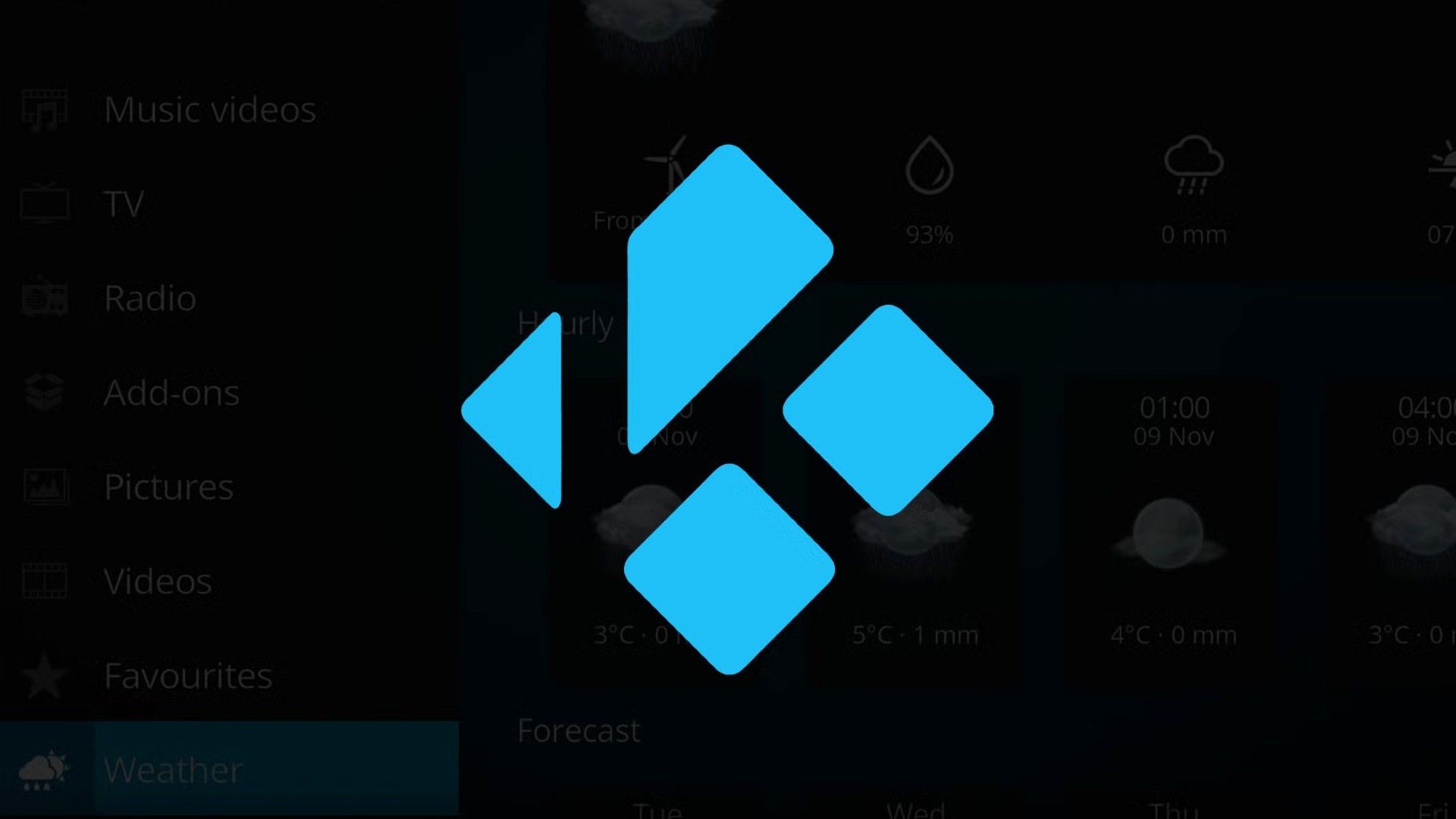
The first alpha version of Kodi 22, code-named “Piers,” has just been released. The updates came with a big audio/video upgrade to FFmpeg 7, new Blu-ray support for multi-episode discs, and a redesigned Movie Versions/Extras section. There are also some major improvements for PVR.
One of the biggest parts of this update is the video and audio section, which has been upgraded to FFmpeg 7, a step up from Kodi 21’s FFmpeg 6.0. That should result in better media support and performance, but FFmpeg 8 was just released, so Kodi is still a bit behind. There’s also some new Blu-ray support for multi-episode discs, which means you can now get a new episode selection menu and even get your Blu-ray episodes to have their own progress, media info, and artwork.
Along with this, the library import and export function now also handles Blu-ray episodes, and episode ranges are supported and shown in the library. The new Movie Versions/Extras section also got a full redesign, and you can now set info and artwork for Movie Sets.
There are also a lot of improvements to the PVR (Personal Video Recorder) section. You’ll find new features like a Recently Added Channels section with a new widget, a new Providers window (which will need skin support), and new Custom Timers. Other PVR-related features have also been improved, including channel groups, saved searches, and recording functionality. The EPG (Electronic Program Guide) search has been improved as well, and it now supports a 1-minute EPG resolution, but this will also require skin support to work. You can also expect improved mouse and keyboard support, which should make the whole experience of using Kodi for games a lot better.
The interface has also seen some major changes aimed at improving performance. The developers have reduced memory usage for single- and dual-channel textures, and improved performance and memory usage on OpenGL and OpenGLES. There has even been a push to improve the image quality of large textures while still keeping good performance on slower devices. A front-to-back rendering for better performance on OpenGL(ES) was also implemented.
On the networking side, the team has improved the SMB (Server Message Block) GUI settings and added support for SMBv2.0 devices that don’t have SMBv2.1 features like “large MTU.” The developers also fixed a bug that prevents users from connecting to Windows SMB servers that don’t have a password. Perhaps most importantly, the company has drastically improved performance when listing large SMB directories, which is great for anyone with huge media libraries.
There are a lot of platform-specific improvements, too. Windows and Xbox users will get initial Windows ARM64 desktop support, Python 3.13, and XAudio2 sink for Windows desktop. It also has a better Video Super Resolution feature with 10-bit SDR support for Intel and Nvidia and HDR10 for Nvidia.
Android users are getting upgraded to Android 15, with file sharing to other apps, improved channels on the home page, and support for 16KB page size. The minimum Android version is now 7.0. LG webOS users will get a new unified media pipeline, and Linux users will now have HDR passthrough on OpenGL and support for the Wayland Color Management protocol.
Of course, since it’s an alpha release, there are some issues. If you’re willing to try the Alpha, you can install Kodi 22.0 Piers from the Kodi downloads page or the repository of your choice. You can find the Alpha in the Prerelease tab after picking your system, and Android users will have to sideload it because it likely won’t come to the Play Store until it’s on the full release.
Source: Kodi